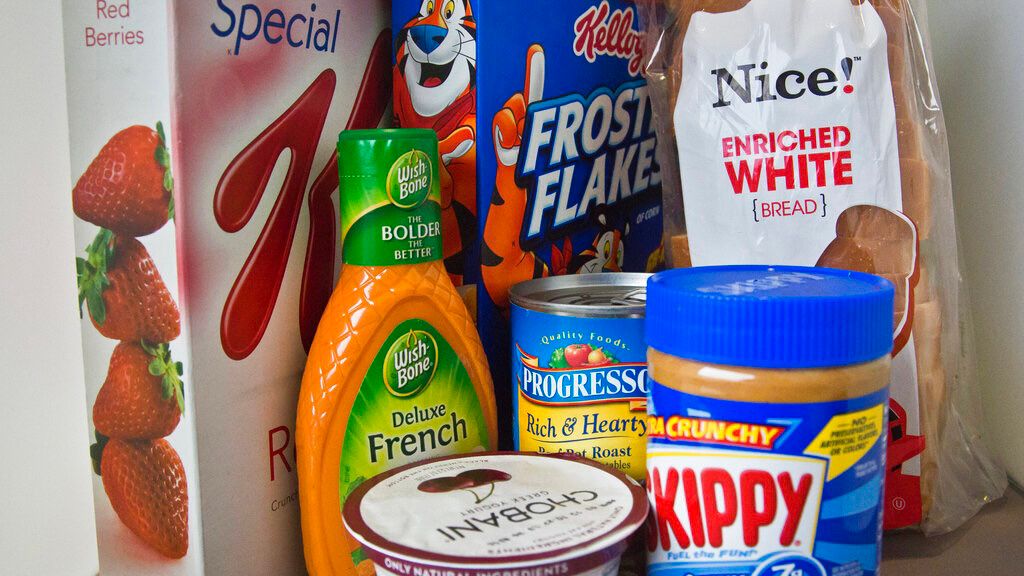Eating hot dogs, drinking soda and consuming other ultra-processed foods could lead to early death, according to a study published this week in the peer-reviewed medical journal, the BMJ.
A study with 115,000 participants found that people who ate the most ultra-processed foods were younger, less physically active and ate fewer whole fruits, vegetables and grains.
For their study, researchers conducted surveys with 74,563 female registered nurses in 11 U.S. states from 1984 through 2018 and 39,501 male health professionals from all 50 states from 1986 to 2018. None of the participants had a history of cancer, cardiovascular disease or diabetes when they were first surveyed.
Every two years, the study participants were asked to complete a questionnaire about their lifestyles, as well as their frequency of eating various foods. Over the course of the three-decade study period, participants who were in the highest 25% for ultra-processed food consumption had a 4% higher risk of death from all causes, 9% higher risk of death from causes other than cancer or cardiovascular disease and 8% higher risk of neurodegenerative death.
Ultra-processed foods are made from food-derived substances such as flavors, colors, texturizers and additives that have little or no intact whole food, the researchers said. High in calories but lacking nutritional quality, ultra-processed foods contain added sugars, salt, saturated fats and refined carbohydrates but contain little fiber.
Ultra-processed foods make up 57% of daily calorie intake among U.S. adults and 67% of daily consumption for people under the age of 18, according to the National Health and Nutrition Examination Survey.
The study classified ultra-processed foods into nine subgroups: breads and breakfast foods; fats, condiments and sauces; packaged sweet snacks and desserts; sugar- and artificially sweeneted beverages; ready-to-eat mixed dishes; meat/poultry/seafood ready-to-eat products; packaged savory snacks; dairy-based desserts and other.
Of the ultra-processed food subgroups, ready-to-eat meat, poultry and seafood products “showed strong associations with mortality outcomes,” according to the study. Sugar- and artificially-sweetened beverages, dairy-based desserts and ultra-processed breakfast foods were also associated with more deaths from all causes.
The study noted that ultra-processed food intake is linked with lower cognitive function, dementia and an early precursor to multiple sclerosis. The researchers said dairy-based desserts showed the strongest association with neurodegenerative death, in line with other studies that found people who eat frozen yogurt and sherberts are more at risk of Parkinson’s disease.
The researchers reviewed death certificates and medical record information to confirm the causes of death for study participants who died.



